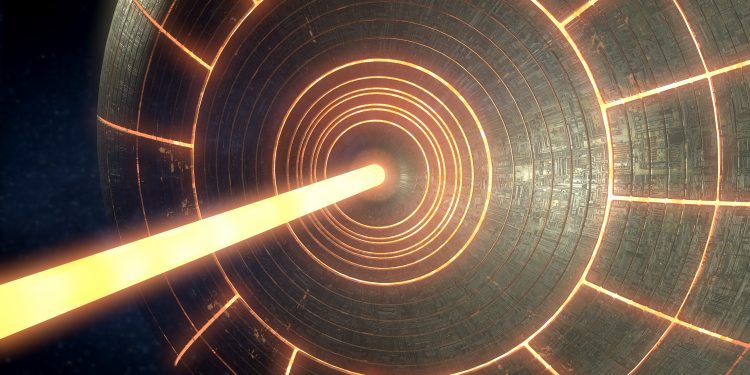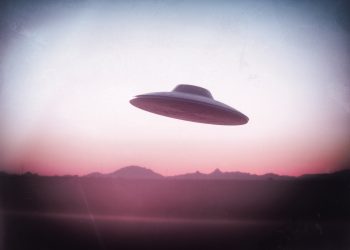In an extensive conversation with Fox News Digital, Harvard professor Avi Loeb delved into the possibility of extraterrestrial civilizations. Loeb, a physicist with an early Ph.D. accolade from the Hebrew University of Jerusalem, emphasized the vastness of our universe, suggesting that the discovery of even a single alien neighbor might unify humankind.
“Given the billions of planets in just our Milky Way and numerous other galaxies, presuming we’re alone is quite arrogant,” Loeb stated. “Spotting an advanced neighbor could provide us insights and perhaps steer humanity towards a brighter future.”
A Dive into the Unknown
Loeb envisions space exploration akin to Earth’s archeological digs, albeit spanning billions of years. Within this vast timeframe, he hypothesizes that remnants of “dead” civilizations might be discovered. One such piece of evidence, he claims, might have already been unearthed from the Pacific Ocean’s depths.
The material he referred to, showcased in another interview with Fox & Friends, reportedly moved faster than most nearby stars and exhibited exceptional strength. This, he believes, hints at its potential extraterrestrial origin, challenging the norm of space matter.
Skepticism and Pursuit of Truth
While Loeb’s theories have garnered attention, they’ve not been without their critics. Some in the scientific community, like astrophysicist Steve Desch, feel that Loeb’s claims overshadow genuine scientific discourse.
Unfazed, Loeb insists critics often don’t make genuine efforts to validate his evidence. He directs the Galileo Project, aiming to mainstream the search for Extraterrestrial Technological Civilizations (ETCs). His analogy? It’s like looking for a tennis ball tossed by an alien neighbor – discernible, tangible proof.
Science, Religion, and Aliens
If an alien civilization’s discovery occurs, Loeb believes it could evoke a deep spiritual experience. Drawing parallels to Biblical tales, he highlights the Moses and burning bush story, suggesting that with today’s scientific instruments, such phenomena could be better understood.
Such an advanced civilization, Loeb contemplates, could possess almost godlike capabilities, perhaps even the potential to create universes.
Stressing the importance of collective scientific knowledge, Loeb recollects the story of Galileo Galilei, who faced house arrest for supporting the heliocentric model. Such scientific truths, he believes, mustn’t be suppressed or politicized.
“Science thrives on evidence, not prejudice,” Loeb stressed, “and our search for higher intelligence in the universe is based on this principle.”
Loeb’s insights and exploration are also chronicled in his book, “Interstellar: The Search for Extraterrestrial Life and Our Future in the Stars.”











